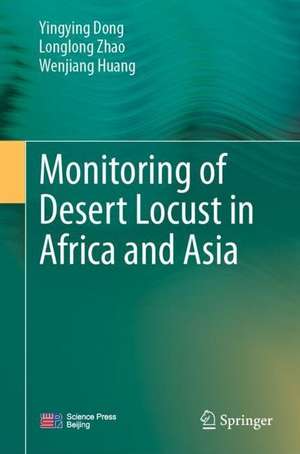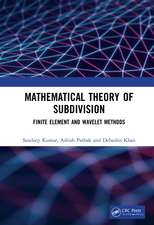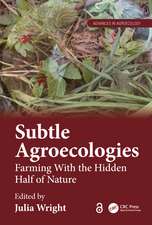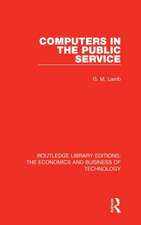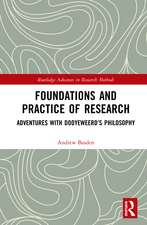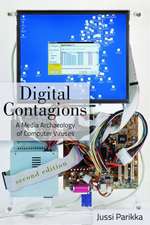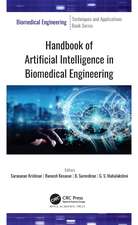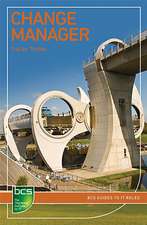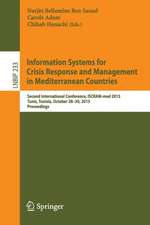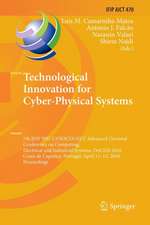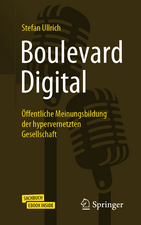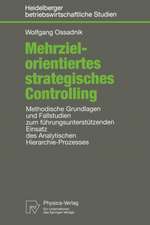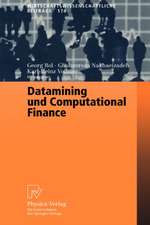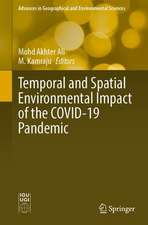Monitoring of Desert Locust in Africa and Asia
Autor Yingying Dong, Longlong Zhao, Wenjiang Huangen Limba Engleză Hardback – 5 ian 2023
| Toate formatele și edițiile | Preț | Express |
|---|---|---|
| Paperback (1) | 871.98 lei 38-44 zile | |
| Springer Nature Singapore – 6 ian 2024 | 871.98 lei 38-44 zile | |
| Hardback (1) | 1106.79 lei 3-5 săpt. | |
| Springer Nature Singapore – 5 ian 2023 | 1106.79 lei 3-5 săpt. |
Preț: 1106.79 lei
Preț vechi: 1349.74 lei
-18% Nou
Puncte Express: 1660
Preț estimativ în valută:
211.81€ • 229.99$ • 177.92£
211.81€ • 229.99$ • 177.92£
Carte disponibilă
Livrare economică 01-15 aprilie
Preluare comenzi: 021 569.72.76
Specificații
ISBN-13: 9789811972379
ISBN-10: 9811972370
Pagini: 126
Ilustrații: XIV, 126 p. 116 illus., 113 illus. in color.
Dimensiuni: 155 x 235 mm
Greutate: 0.39 kg
Ediția:1st ed. 2023
Editura: Springer Nature Singapore
Colecția Springer
Locul publicării:Singapore, Singapore
ISBN-10: 9811972370
Pagini: 126
Ilustrații: XIV, 126 p. 116 illus., 113 illus. in color.
Dimensiuni: 155 x 235 mm
Greutate: 0.39 kg
Ediția:1st ed. 2023
Editura: Springer Nature Singapore
Colecția Springer
Locul publicării:Singapore, Singapore
Cuprins
Foreword.- Preface.- Chapter 1 Introduction.- Chapter 2 Desert Locust Breeding Area and Migration Path in Africa and Asia.- Chapter 3 Monitoring of Desert Locusts in East Africa.- Chpater 4 Monitoring of Desert Locusts in West and South Asia.- Chapter 5 Remote Sensing Monitoring System of Desert Locust and its Application.- References.
Notă biografică
Dong Yingying, works at Aerospace Information Research Institute of Chinese Academy of Sciences (AIR, CAS). She received the B.S. degrees in applied mathematics from Shandong Normal University, Shandong, China, in 2006, M.S. degrees in computational mathematics from Capital Normal University, Beijing, China in 2009 and the Ph.D. degree in remote sensing in agriculture and information technology from Zhejiang University, Zhejiang, China, in 2013. After the Ph.D., she went to Canada for a post-doctoral research fellow in University of Lethbridge. Her research interests include vegetation parameter inversion, crop growth monitoring, pest & disease monitoring and forecasting, and system development. She has published more than 70 articles and more than 10 patents.
Dr. Longlong Zhao works at Shenzhen Institutes of Advanced Technology, Chinese Academy of Sciences.
Professor Wenjiang Huang works at Aerospace Information Research Institute, Chinese Academy of Sciences.
Dr. Longlong Zhao works at Shenzhen Institutes of Advanced Technology, Chinese Academy of Sciences.
Professor Wenjiang Huang works at Aerospace Information Research Institute, Chinese Academy of Sciences.
Textul de pe ultima copertă
This book deals with the topic on remote sensing monitoring of desert locust in Africa and Asia. Remote sensing monitoring of the occurrence and damage of desert locust is conducted by integrating cutting-edge technologies and methods in cross-disciplinary fields in remote sensing science, geographic information science, agronomy, plant protection, agricultural meteorology, mathematics, and computer science. The main contents include spatio-temporal data analysis and processing, desert locust breeding areas monitoring, pest migration path analysis and damage monitoring. Moreover, a desert locust remote sensing monitoring system is constructed and applied in the region of Africa and Asia countries. This book not only provides technical reference for remote sensing monitoring and application of desert locust but also serves as a research reference for scholars and graduate students engaged in agricultural remote sensing, agricultural information technology, plant protection and otherrelated field. It will help to improve remote sensing monitoring and application of desert locust.
Caracteristici
Presents desert locust monitoring case studies of seven African and Asian countries Combines theory with practice, the mechanisms and models of desert locust breeding areas, migration paths Offers insight on remote sensing mechanisms of desert locust by in-depth analysis of sensing detection technology
